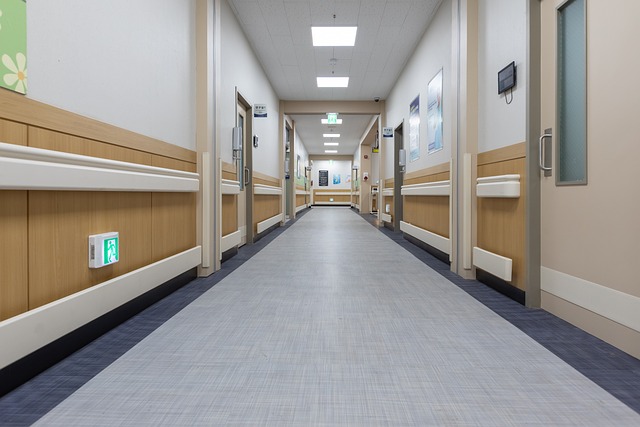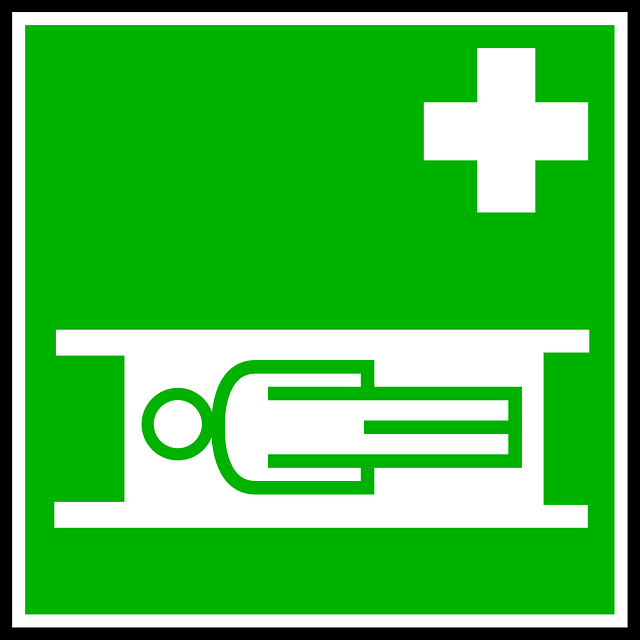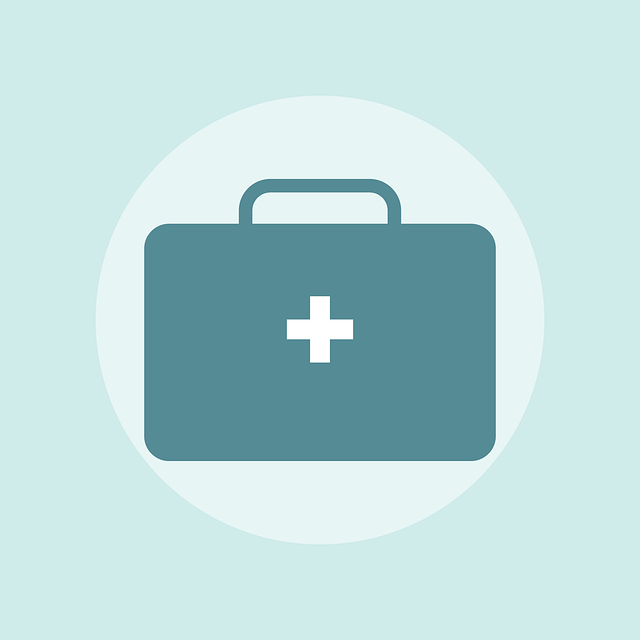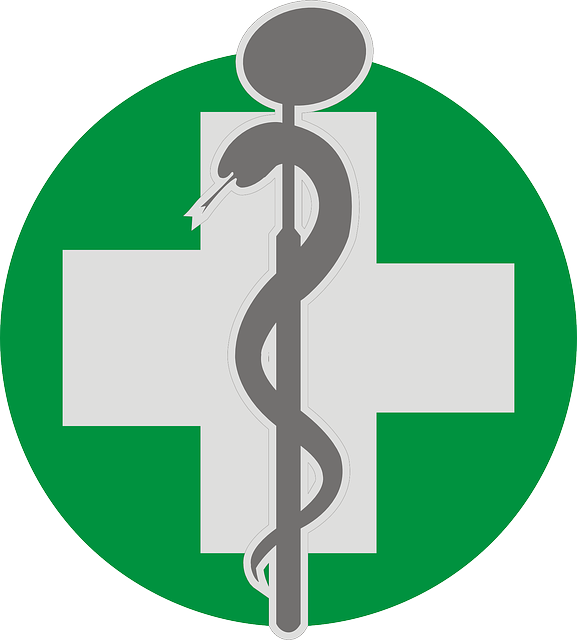In South Africa, choosing between hospital plans and medical aid schemes depends on personal needs. Hospital plans offer swift access to treatment (often without referral) but shorter waiting periods and limited coverage. Medical aid schemes provide broader benefits, including dental and optical care, longer waiting times, and generally more comprehensive coverage with fewer exclusions. Key factors include: personal health history, family needs, budget, speed of access, coverage scope, and cost. Understanding waiting periods, exclusions, and routine care coverage is crucial for making an informed decision based on individual circumstances regarding Which Is Better Hospital Plan Or Medical Aid.
In South Africa, understanding the nuances between hospital plans and medical aid schemes is crucial for making informed healthcare decisions. This article delves into these two prominent healthcare options, focusing on their waiting periods and exclusions. While hospital plans offer immediate access to a wide range of facilities, medical aid schemes may have stringent waiting periods for specific treatments. Exclusions vary between providers, impacting coverage gaps. By comparing these aspects, individuals can determine which option best suits their needs and budget, ensuring optimal healthcare without unexpected financial burdens.
- Understanding Hospital Plans: An Overview
- Medical Aid Schemes and Their Benefits
- Comparing Waiting Periods: Key Differences
- Exploring Exclusions and Coverage Gaps
- Making an Informed Choice: Which Is the Better Fit?
Understanding Hospital Plans: An Overview

In South Africa, hospital plans and medical aid schemes are both designed to cover medical expenses but they operate with distinct mechanisms. Understanding these differences is crucial when deciding which is better suited for your needs – a hospital plan or medical aid. Hospital plans typically offer faster access to in-patient treatment without the need for a primary care physician’s referral. This makes them convenient for those who require immediate medical attention, especially for specialist consultations and procedures. However, they often have shorter waiting periods that may not cover all medical needs, and certain treatments might be excluded.
In contrast, medical aid schemes provide a broader range of benefits, including dental and optical care, which hospital plans usually exclude. Medical aid typically has longer waiting periods, especially for specific procedures, but they tend to offer more comprehensive coverage with fewer exclusions. When deciding between the two, consider your health history, family medical needs, and budget. Which option aligns better with your expectations of speed, coverage, and cost will depend on your unique circumstances.
Medical Aid Schemes and Their Benefits

In South Africa, Medical Aid Schemes are popular private health insurance options that offer comprehensive medical coverage to their members. These schemes are designed to cater to various needs and budgets, providing a range of benefits that can make accessing quality healthcare more affordable and convenient. Members typically enjoy faster access to medical services compared to those with only hospital plans, as pre-authorisations are often not required for in-network providers.
Medical Aid Schemes also have the advantage of offering a wider network of hospitals and specialists, allowing flexibility in choosing healthcare providers. Additionally, these schemes usually include preventive care benefits, such as regular check-ups, vaccinations, and screenings, which can help catch potential health issues early. When comparing Which Is Better Hospital Plan Or Medical Aid, it’s evident that Medical Aid Schemes offer a more extensive support system, including mental health coverage, maternity care, and often, dental and optical benefits, making them a comprehensive choice for comprehensive healthcare needs.
Comparing Waiting Periods: Key Differences
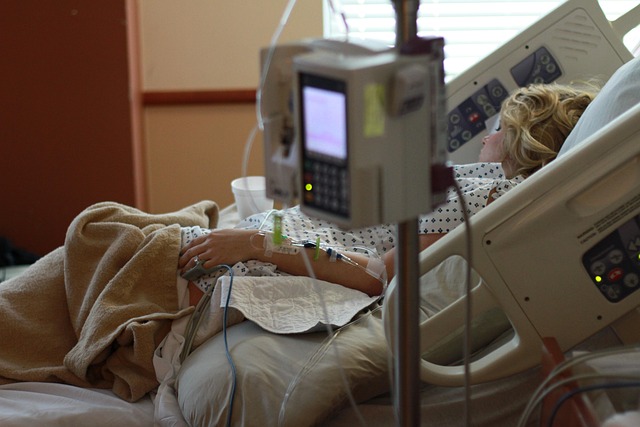
When comparing hospital plans and medical aid, one of the most significant factors to consider is the waiting period for specific treatments or conditions. These periods can vary greatly between different service providers. With medical aid, many common procedures have a set waiting period before they are covered, which could range from 30 days to even a year. This means that if you need treatment for something that falls under these exclusions, you may face significant delays.
In contrast, hospital plans often do not impose such strict waiting periods. They generally cover emergency and essential treatments without the need for pre-existing conditions to be declared. While there might still be some exclusions or limitations based on the plan’s terms, they are usually more flexible compared to medical aid. This makes hospital plans an attractive option for those seeking quicker access to healthcare services without the long waits associated with many medical aid plans.
Exploring Exclusions and Coverage Gaps

When comparing hospital plans and medical aids in South Africa, understanding exclusions and coverage gaps is vital for making an informed decision about which is better suited to your needs. Both options have their unique set of limitations, with medical aids often having stricter rules regarding pre-existing conditions and specific treatments. Hospital plans, while offering more flexible waiting periods, may not cover specialized care or certain procedures that are outside the scope of typical hospital stays.
Delving deeper, medical aid policies might exclude routine check-ups and preventive care, classifying them as non-essential. In contrast, hospital plans could have lengthy waiting periods for pre-existing conditions, which can be a significant drawback for those with ongoing health issues. Moreover, some hospital plans may not cover specialized hospitals or renowned medical practitioners, leaving individuals to bear the brunt of additional costs. Thus, evaluating these exclusions and gaps is crucial when determining whether a hospital plan or medical aid provides the comprehensive coverage you require.
Making an Informed Choice: Which Is the Better Fit?
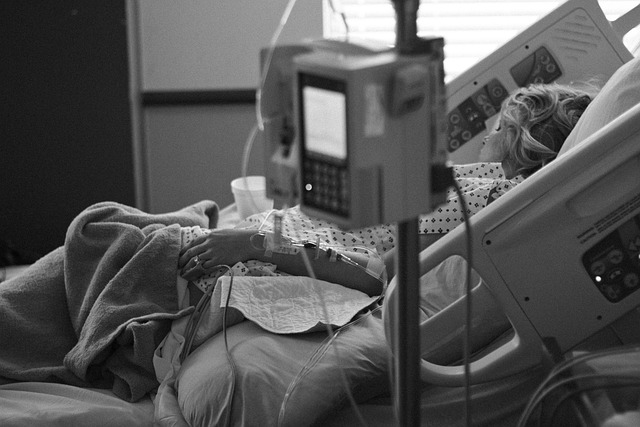
When considering which healthcare option is Which Is Better Hospital Plan Or Medical Aid, it’s crucial to weigh the pros and cons of each. Both hospital plans and medical aid offer vital cover for medical expenses, but they differ in key areas like waiting periods and exclusions.
Hospital plans generally have shorter waiting periods for specific treatments, offering immediate access to care. However, they may exclude certain procedures or conditions not considered emergency. Medical aid, on the other hand, often has longer waiting times, especially for pre-existing conditions, but provides broader coverage with less restrictions on services. Carefully reviewing the specific plan details and understanding your personal health needs will help you make an informed choice between hospital plans and medical aid to ensure you receive the best healthcare coverage tailored to your circumstances.
When deciding between a hospital plan and medical aid in South Africa, understanding the nuances of waiting periods and exclusions is key. While both options offer vital healthcare coverage, each has its unique strengths and weaknesses. Hospital plans generally offer faster access to treatment but may have stricter exclusions, whereas medical aid schemes provide comprehensive cover with specific waiting periods for certain conditions. Ultimately, the best choice depends on individual needs, budget, and preferred level of healthcare access, ensuring you’re prepared for any eventuality in today’s digital era.


